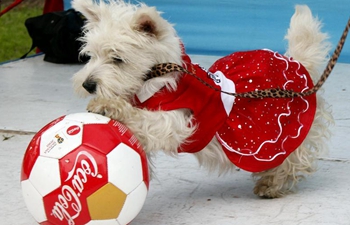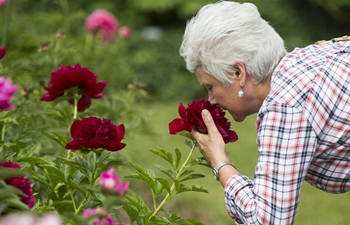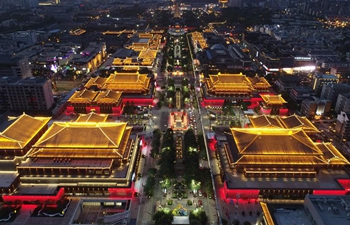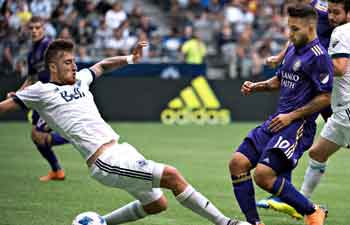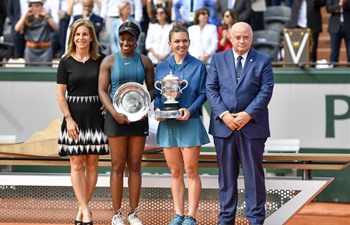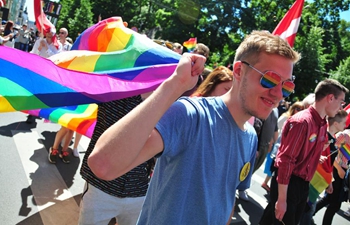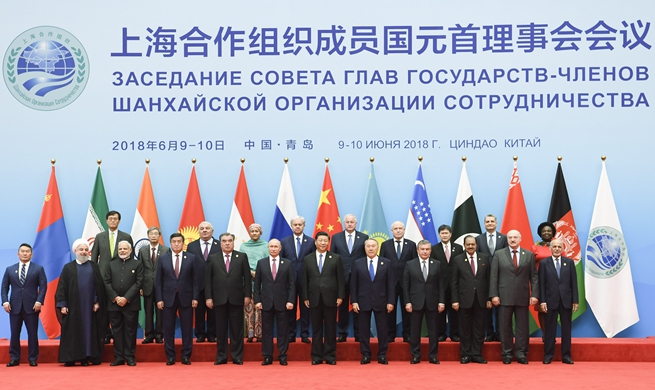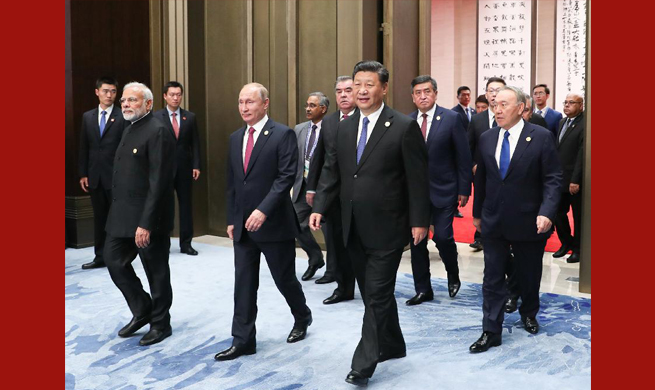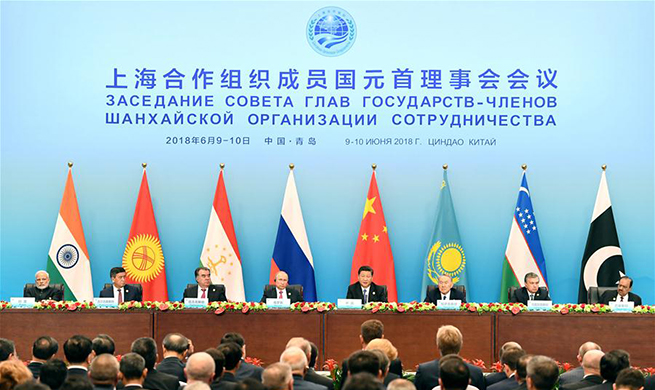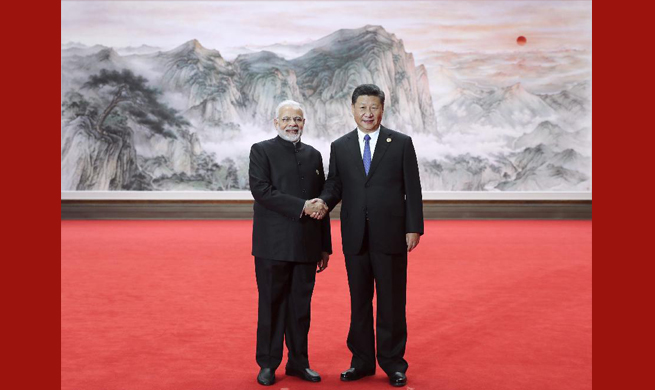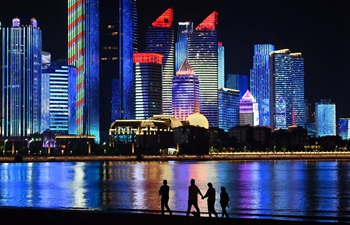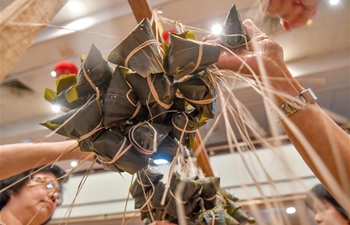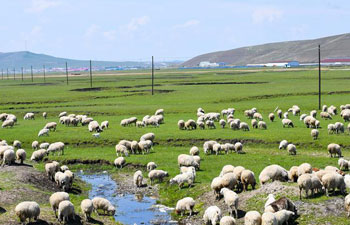By Raul Menchaca
HAVANA, June 10 (Xinhua) -- Javier Feints, a 10-year-old boy in Havana, shakes off a defender, shoots, scores and wheels away in celebration, imitating the style of Lionel Messi, Cristiano Ronaldo or Neymar.
The stage is not a big stadium or even a modest pitch, but a street in the historic area of Havana, where a group of boys have put aside baseball, the national sport, and surrendered to a new passion - soccer.
The passion for this sport, almost unknown on the island a few decades ago, has grown among young people drawn to the constant broadcasts of the biggest leagues around the world. Many people say this fever reached its peak between 2008 and 2009, ahead of Spain's victory in the 2010 World Cup. But the truth is it goes back much further than that.
Argentinian legend Diego Maradona seems to be partly responsible for it, having traveled to Cuba in 1987. Since that date, when he came to receive the 1986 Best Athlete of the Year Award, granted by the Prensa Latina news agency, Maradona began a lasting romance with Cuba and a close friendship with the late leader Fidel Castro.
The truth is that, little by little, soccer has displaced baseball, a traditional sport on the island in which it has won three Olympic gold medals, 25 world championships, 12 Pan American Games medals and 14 Central American Games medals.
Some, like lawyer Yuri Perez, a die-hard fan of the Industriales baseball team, say that the problem is demotivation from fans, because Cuban baseball "has not won a top event since the World Cup in 2005." Perez also does not overlook the economic reasons that separate the two sports. "Cuba is hit by an economic crisis that makes everything expensive. Soccer is a very cheap sport, unlike baseball that requires particular and expensive equipment," the young jurist concludes.
At Real Madrid's famed Santiago Bernabeu stadium, the names of eight Cubans who have served the club are written - Armando, Mario and Jose Giralt, Fernando Lopez Quesada, Enrique Ferrer, Mario Inchausti and Jesus "Chus" Alonso.
Soccer has been played officially on the island since 1911, when the first game was held at the Campo de Palatino, in the Havana neighborhood of Cerro.
Since then, the achievements of Cuban players have been rather modest, with a silver medal in the Pan-American Games in 1979, a seventh place finish at the World Cup in 1938, a seventh place finish at the Olympics in 1980 and five Central American titles.
The decline of local soccer is evidenced by the fact that Cuba dropped to 180th in the FIFA world ranking last year, its lowest position since 1993.
Defections and the lack of international competitions have hurt the Cuban team, which saw its glory days between 2000 and 2004 with Peru's Miguel Company as coach. Back then the team drew against Costa Rica in a qualifying match for the 2006 World Cup, losing out on a place at the World Cup only due to the away-goals rule.
Fan attendance is poor at games in the national championship, infamous for its low level of play. Instead, showings of duels like Real Madrid versus Barcelona have nourished the soccer passion of the Cubans.
The sports authorities have tried to take advantage of this soccer fever and have made the sport part of the program at public schools. Young talents between the ages of 13 and 18 study in specialized centers like the Sports Initiation Schools (EIDE) or the Higher School of Athletic Improvement (ESPA), before going on to higher academies.
FIFA has injected around five million U.S. dollars into Cuba in recent years, in order to improve the headquarters of the national team and build a synthetic field.
The upcoming 2018 World Cup has brought soccer back to the fore, with newspapers dedicating special editions to the tournament and the national television set to broadcast all the matches live.
Javier is only ten but he is ready to enjoy all the games and predicts Spain will win the title once again, while dreaming one day of representing Cuba on the stage.




